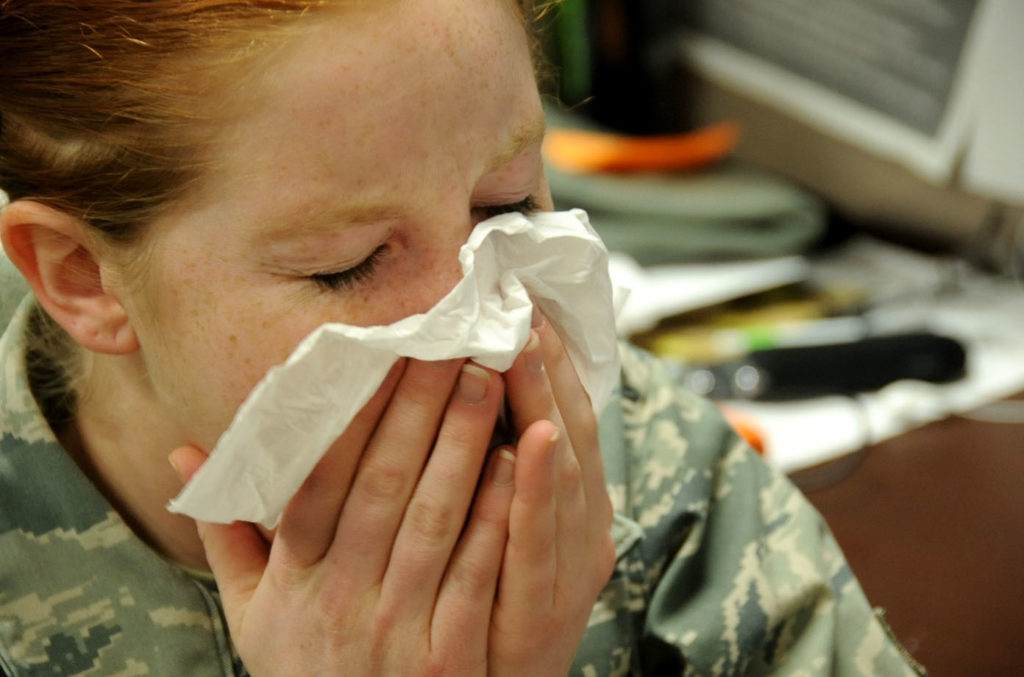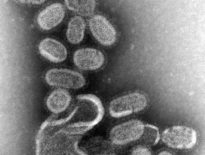
Photo credit: US Air Force / public domain.
Lots of my patients have been struck by a miserable cold in the last few weeks. My phone is ringing off the hook (is that a meaningful idiom anymore?) with woeful tales of coughs and runny noses and fatigue and despair. I thought it would be a perfect time to do a little teaching about the common cold, how to treat it, and other diagnoses that it can be mistaken for. But it turns out I already wrote that post a couple of years ago. I think it’s a great summary of how to tell if you have a cold or have something else, so please read it. I’ll wait here until you finish.
Some of my patients were using oxymetazoline (Afrin) for weeks at a time and wondering why their nasal congestion wasn’t improving. And some had bought phenylephrine off the shelf not knowing that it’s quite ineffective. I thought that a post summarizing the different available nasal decongestants would be very handy. I’ve already written that too. Feel free to give it a read if nasal decongestion is on your agenda.
So, I thought I would very briefly go over some commonly used cough suppressants, so you can quiet that cough and get some rest.
Dextromethorphan
Dextromethorphan is an over-the-counter cough suppressant which is an ingredient in Robitussin DM, Mucinex DM and other cold remedies. At recommended doses it’s safe and mildly effective in decreasing cough.
Codeine
Prescription cough syrups with codeine are frequently prescribed as a cough suppressant. Codeine can be sedating and cause constipation. Codeine has been proven effective in suppressing chronic cough, but trials in patients with the common cold have not found a consistent benefit compared with placebo.
Benzonatate
Prescribed under the brand Tessalon Perles, benzonatate can effectively suppress cough. It can cause dangerous overdoses, especially in children, because it is sometimes mistaken for candy. And it can cause drowsiness and confusion, especially in older patients.
Non-pharmacological treatment
Many non-medicinal cough remedies are frequently recommended, like throat lozenges, honey, and hot tea. I often suggest them to patients with mild symptoms or patients who might be sensitive to side effects of medications. There is no evidence that they suppress cough more than placebo, but when waiting for a self-limited illness to run its course, a safe placebo might be the most comforting choice.
I wish all of you a healthy 2019 free of nasty viruses. I hope that when you hear a sick colleague or loved one complaining that she can’t reach her doctor or can’t get a prompt appointment, you’ll recommend me. I’ll keep working to keep you informed and healthy.
Learn more:
My previous posts about colds:
The Common Cold
Everything You Always Wanted To Know About Nasal Decongestants But Were Afraid To Ask
Common Cold (Centers for Disease Control and Prevention)
The common cold in adults: Treatment and prevention (UpToDate, only by subscription)

